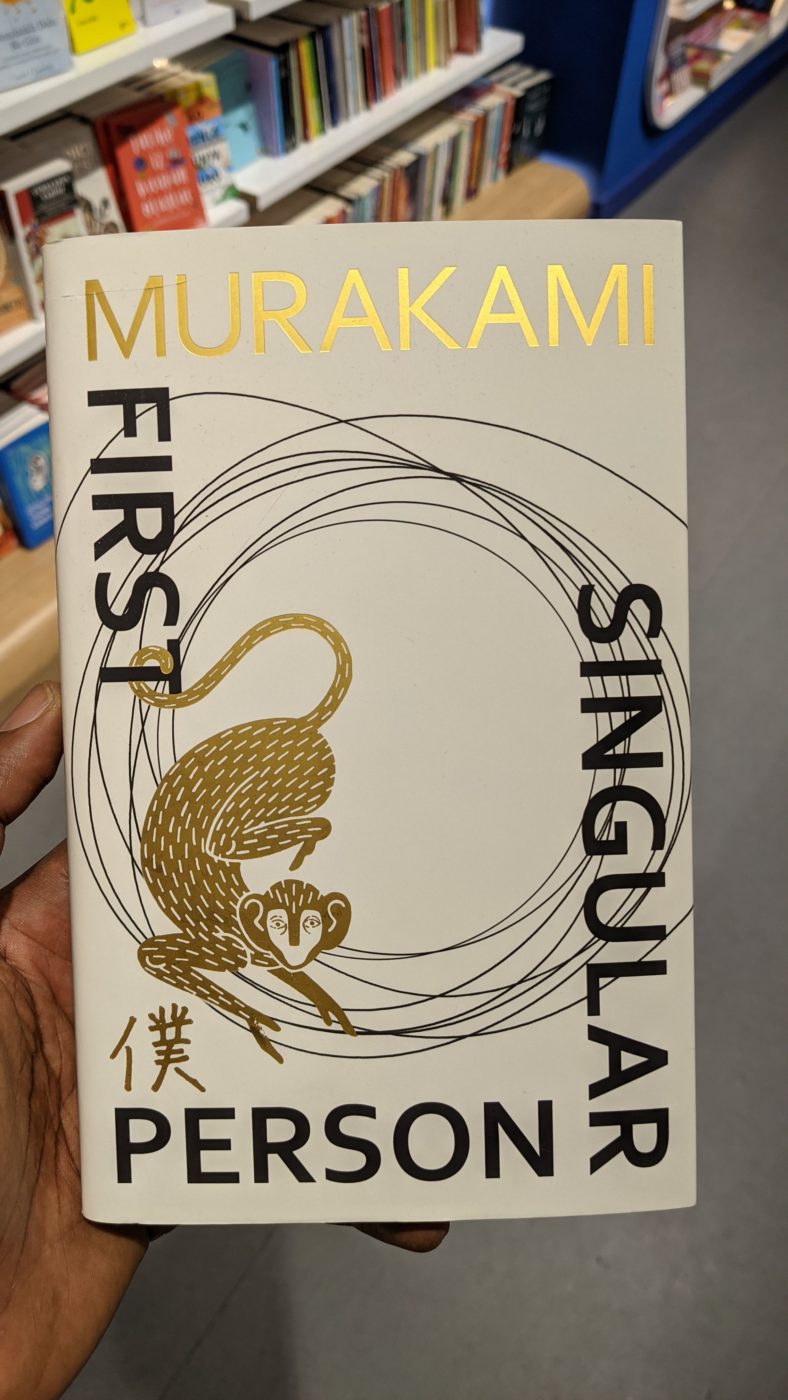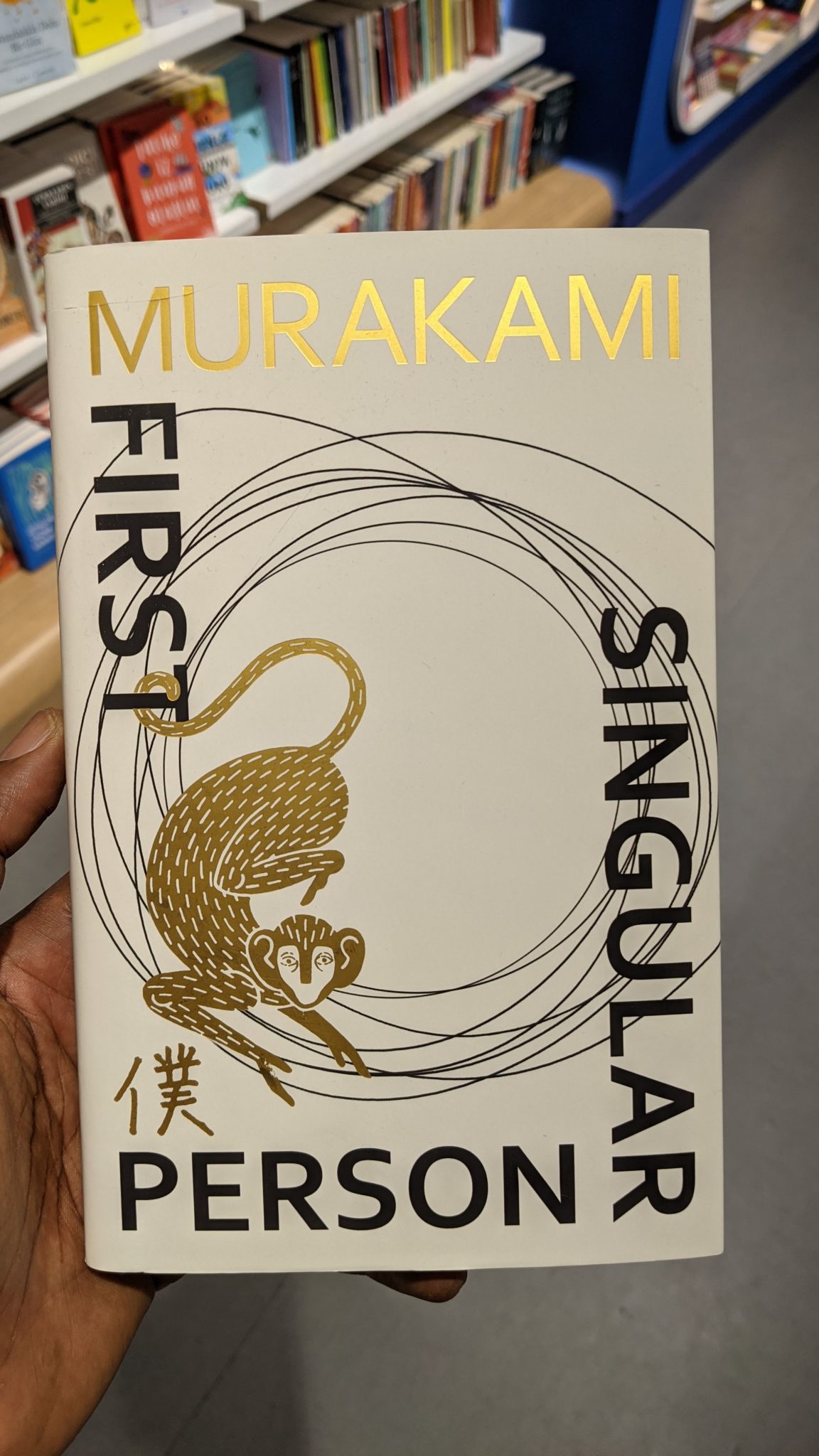People who have followed me on Twitter may have come across occasional posts of mine with nothing more than the photo of a book and the #Mood hashtag. It had been my own way of sharing the discovery of particular books that have sentimental value to me, to the culture, or books that could, at the moment, stimulate conversation about a particular topic of interest. Readers may already know of my fairly recent habit of collecting rare books, particularly in African literature, which I wrote about in this 2021 essay.
Now, I would like to do more than post the photos of the books I collect. I want to write short essays about them, too. I have posted only photos, so far, usually because I never considered the moment worthy of more than just a brief opportunity to share, spurred by the ephemeral nature of Twitter itself. But here on the blog, there’s a little more space. Whether I’ll have the energy to sustain it for the long haul is the question that time will answer. But I’m willing to try.
Meanwhile, I am also inviting readers of this site to send me their own #BookMood essays as well. Nothing more than 400 words at the most on why a particular book is important to you. It could be the story, it could be the circumstances surrounding your obtaining it. It could be the cover design, or it could be your relationship with the author. Anything interesting enough to share with the world. It can be fun or it can be serious. It can also be just 100 words. Up to you. But it’s good, we want to read it, along with the photo of the said book(s).
OlongoAfrica will pay $10 for any published piece on this subject. Think of it as an amount small enough to buy you another book, or a cup of coffee. Send it to us at submissions@olongoafrica.com with the subject #BookMood.
___
Here’s my first #BookMood: Haruki Murakami’s First Person Singular.

I first discovered Murakami at an airport lounge. I was on the way to Korea, and I had a stopover at the Ataturk Airport in Turkey. It has become my favourite airport in the world just because of that bookstore, where I have managed to find a number of other really important books.
Because the layover was long, I managed to finish that book I got at the time, which was What I Talk About When I Talk About Running. I’ll talk about this book in another blog. But the easy breezy way in which the author talked about what could have been a really tedious topic about long-distance endurance running drew me to him, so I made it a habit of picking up books by him when next I found myself at the airport.
This time, in 2021, on my way to Spain for a language residency, I encountered another Murakami, this time a collection of essays called First Person Singular. The stories were fascinating and engaging, written in a deceptively simple style. They had been translated from Japanese. I started reading it at the airport but finished it before I landed in Barcelona.
My plan for the residency had included me translating a couple of Nigerian short stories into Yorùbá for a collection I am working on. But so good was one particular story in Murakami’s book that I pushed aside all my previous plans and began to translate the Murakami work into Yorùbá instead. The story is titled “Confessions of a Shinagawa Monkey,” apparently first published in the New Yorker. You can read it for yourself to see how wonderfully weird, beautifully strange, and delightfully crazy the story is. I loved it so much that I gave my first copy of the book away in Olot, and bought a second one on my way back home, and another copy via Amazon to give away to a friend who asked for it.
I bought a few more books by the writer, including the more recent Men Without Women and The Wind-Up Bird Chronicle but I haven’t had time to read the latter, afraid perhaps that nothing would be as good as that short story about the monkey. I will, eventually. So when Murakami is named a Nobel Laureate one day, I will come back here to celebrate the privilege of having known, enjoyed, and translated him. Now to find out how to get that published.
